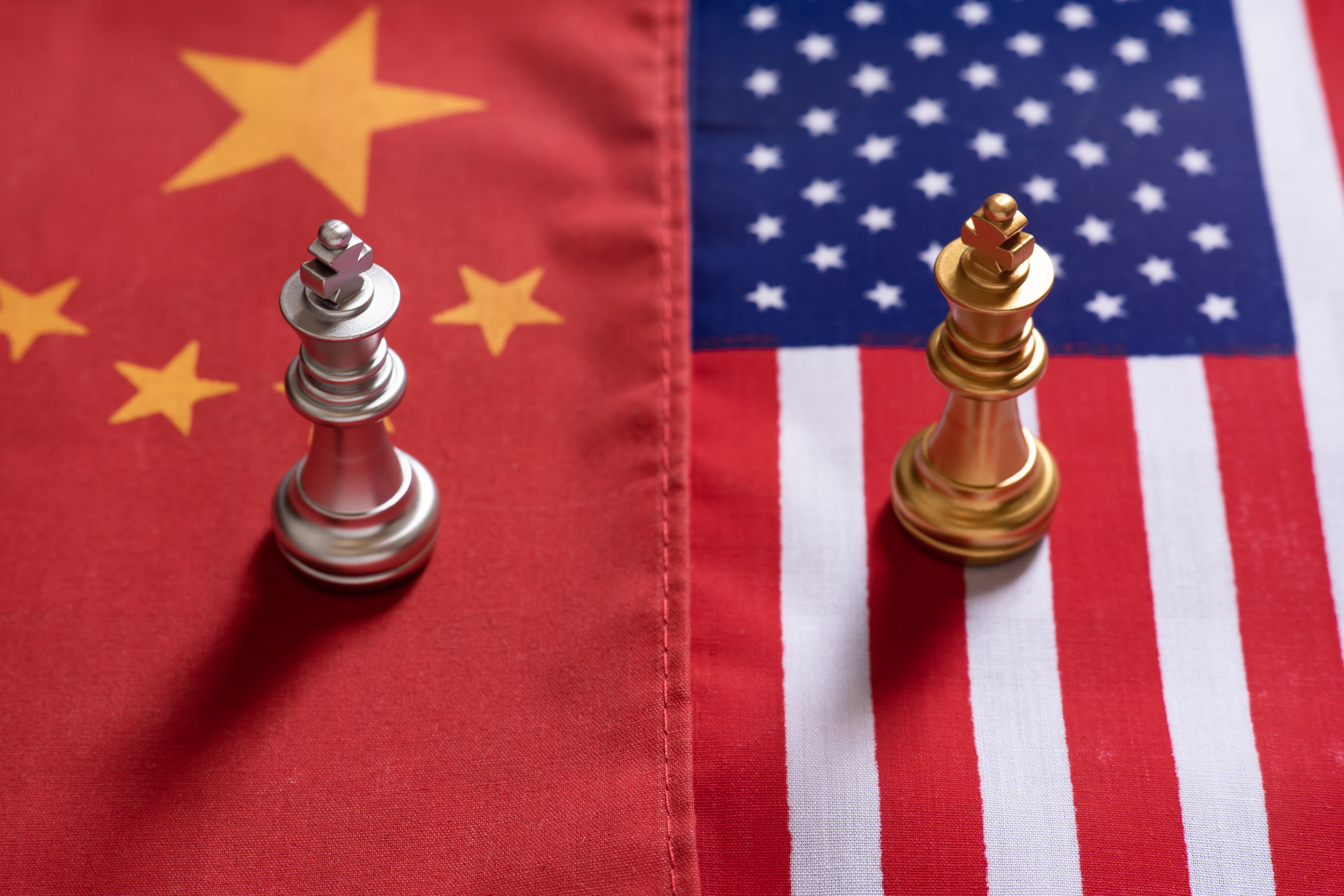US, China Chip War may continue for decades, says former ASML CEO — Wennick shares insights from selling chipmaking gear to both sides
The Chip War is fought over ideology, not factual basis, says tech boss

Former ASML boss Peter Wennick has shared his belief that the trade war over semiconductors between the U.S. and China may go on for the next few decades. Nicknamed the "Chip War," Wennick believes that the offensive exists exclusively for ideological reasons, rather than any basis in fact.
TrendForce first reported on the comments made by the former ASML boss on Dutch radio outlet BNR. Wennick is something of an expert on the Chip War thanks to his time as CEO of ASML, the world's largest vendor of chipmaking tools and equipment. Retiring in April of this year, Wennick served as CEO for 10 years, during which time ASML grew to become the third-largest European company by market cap.
ASML's two largest customers are Taiwan and China, with ASML providing TSMC and Samsung with EUV lithography supplies for both major companies' 7nm and below processes. While EUV lithography tools are prohibited for sale to China, the Chinese semiconductor industry remains ASML's second-largest customer, with ASML having operated in the country for 30 years. Only a small portion of ASML's customer base in China is heavily affected by the ever-tighter U.S. export bans, with the most recent round of export restrictions in April stopping ASML from being able to service high-end products already in use in China.
As CEO of ASML, Wennick claims he maintained a line that served primarily to benefit his stockholders and executive leadership, favoring neither the U.S. nor China in their skirmish, but advocating with both sides to play nice and follow the law. Wennick highlighted conversations he had with both Washington and Beijing to lessen U.S. export bans and raising China's awareness of intellectual property violations. This may have caused both governments to suspect him of allegiance to the other side, he says.
Wennick's fears that the Chip War, due to the geopolitical mess wrapped up in the potential for profit in the semiconductor industry, may continue for decades. ASML has had an outsized impact on global discussions around the Chip War, with its home country, the Netherlands, becoming China's line of communication to the West regarding ever-increasing sanctions.
Tan Jian, China's ambassador to the Netherlands, shared with NRC in January, "If the Americans treat us in a hegemonic way, we will of course react, but our relationship with the EU should not be affected." President Xi Jinping went on to meet with Dutch Prime Minister Mark Rutte to request that Netherlands stop following U.S. restrictions on ASML hardware, saying "The Chinese people also have the right to legitimate development, and no force can stop the pace of China's scientific and technological development and progress." How Chinese companies like SMIC and Huawei will continue to advance their chip processes without access to ASML's EUV tools remains to be seen.
Get Tom's Hardware's best news and in-depth reviews, straight to your inbox.

Sunny Grimm is a contributing writer for Tom's Hardware. He has been building and breaking computers since 2017, serving as the resident youngster at Tom's. From APUs to RGB, Sunny has a handle on all the latest tech news.
-
usertests Unless we start talking femtotechnology, all fabs will eventually stop improving (planar) and have access to the same lithography. There will be a separate track of 3D innovation but even that would have to run out eventually.Reply